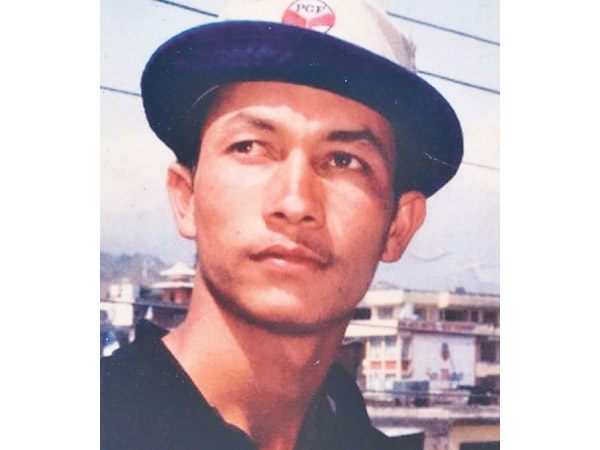Guwahati: Journalists’ Forum Assam (JFA) has expressed its contentment that a Nepal court has convicted and sentenced five perpetrators involved in the killing of a Nepali journalist in Dailekh district of western Nepal.
In a recent unprecedented verdict the Dailekh district court has sentenced the assailants for torturing Dekendra Raj Thapa, an active media person of Nepal for many days and later buried him alive. The incident took place a decade back, when a group of ultra left party members targeted Thapa, who was then working for the state-owned Radio Nepal and Nepal Samacharpatra newspaper, on his way to a village apparently for resolving some community issues there.
Shockingly, the cadres belonged to UCPN-Maoist (then CPN-Maoist) abducted the middle aged journalist on June 4, 2004 and tortured him for many weeks before burying Thapa on August 11, 2004.
The Maoists owned up taaking responsibility for the incident declaring that ‘they had executed Thapa’ for spying against their outfit. Prior to Thapa, another journalist (Gyanendra Khadka, who worked for the government news agency Rastriya Samachar Samity) was also killed by the Maoists at Jyamire in eastern Nepal.
India’s tiny Himalayan neighbour, Nepal witnessed the uprising of Maoist fighters between 1996 to 2006 spreading an undeclared civil war across the country that resulted in the killing of over 15,000 individuals and displacing nearly 1,50,000 people.
Though the court convicted Bir Bahadur KC, Lakshiram Raj Gharti, Nirak Ghartimagar, Harilal Punmagar and Jaya Bahadur Shahi, four other accused former Maoists (namely Bam Bahadur Khadka Mukti, Bam Bahadur Khadka Arun, Keshav Khadka and Bhakti Ram Lamichhane) are still absconding.
Thapa’s widow Laxmi Shrestha, who filed a case against the local Maoist rebels, reportedly expressed happiness at the court verdict, but reiterated her wish to see the others brought to justice. Soon after Laxmi’s official complaint, the police arrested five out of nine accused members of the ultra left party, in January 2013. However it was not an easy task for the police to continue the investigation as high-placed elements (read rebels turned lawmakers) opposed the move.
Of course, the local media persons under the banner of Federation of Nepali Journalists, Nepal’s National Human Rights Commission with the Committee to Protect Journalists and International Press Institute had extended all possible supports to book the killers of Thapa. The media fraternity of Nepal, while terming the court verdict as a ray of hope for justice, maintained that the prison term for each convict was very short (maximum up to two years) and they ‘should have been punished in a strong manner.
Kamala Sarup, coordinator of a media watch group named Peace Media Research Center admitted that Nepali journalists were subjected to threats, arrests and other untenable actions by the Maoists. Expressing disappointment that the murders of journalists often went unpunished, Sarup also added, “There must be no impunity for the killers of journalists and media workers. The deliberate targeting of journalists by those who seek to prevent the media from exposing their activities represents a worrying trend in Nepal.”
However, a Maoist leader, who wanted anonymity, asserted that the court verdict was against the spirit of the peace agreement with the government. He cautioned that the verdict might demoralize the former rebels and finally push Nepal into more conflicts in the coming days.
“While appreciating the initiative of Nepal, which has transformed into a multi party democracy ending the monarchy, to book the former Maoist rebels under the law, for killing a journalist a decade back, we can also take note from the example,” said a statement issued by JFA president Rupam Barua and secretary N. Thakuria.
Assam in particular and India as a whole have witnessed the assassination of media persons by various elements including the so-called revolutionary groups. Should we not expect justice for the killing of journalists, even when the mastermind was the insurgents! added the statement.
Assam as well as northeast India has lost a number of acclaimed journalists in the last few decades, where the bereaved families are still waiting for justice. In most cases the perpetrators were the armed group activists, who later joined in the peace talks with the government to escape punishments.
“The general perception in Assam emerges that since the day the insurgent leaders engage with peace talks with the authority, they automatically get the impunity against all their past misdeeds, which must be challenged by one and all,” argued the journalist forum.










